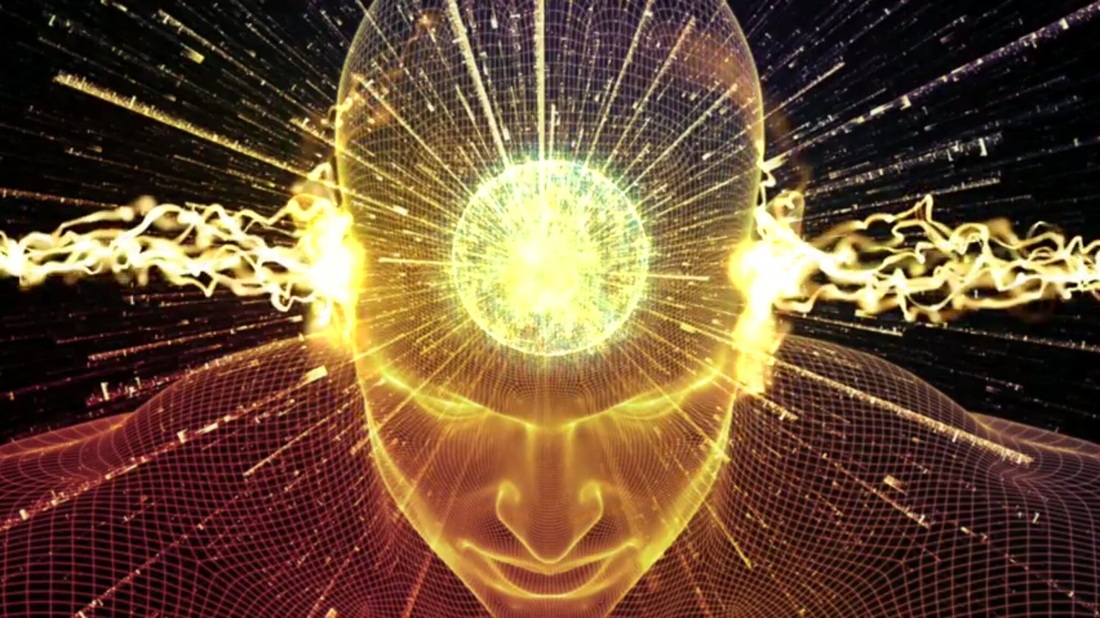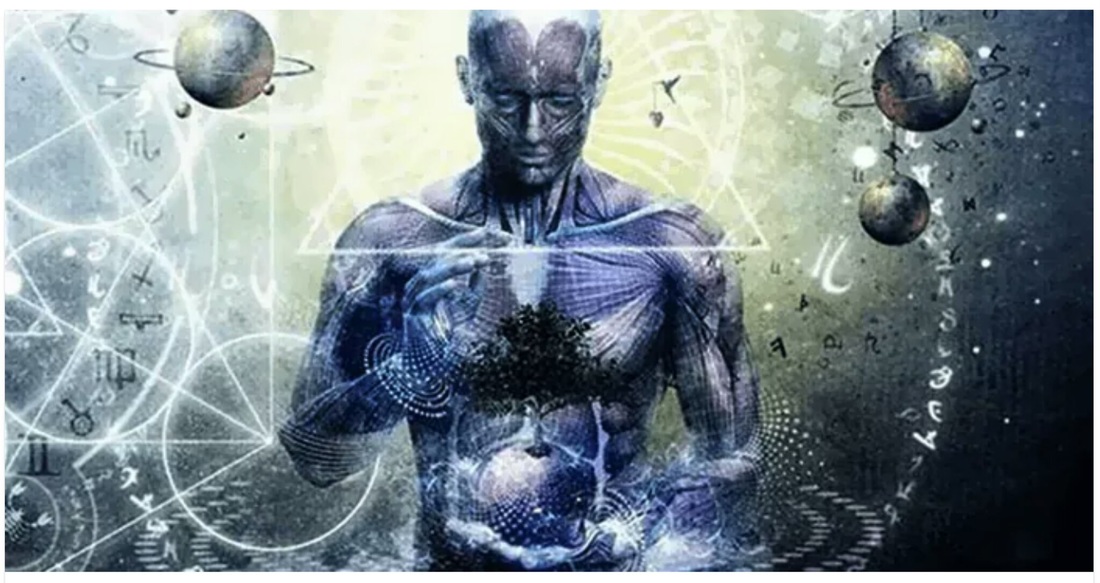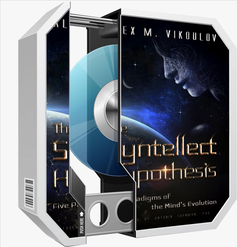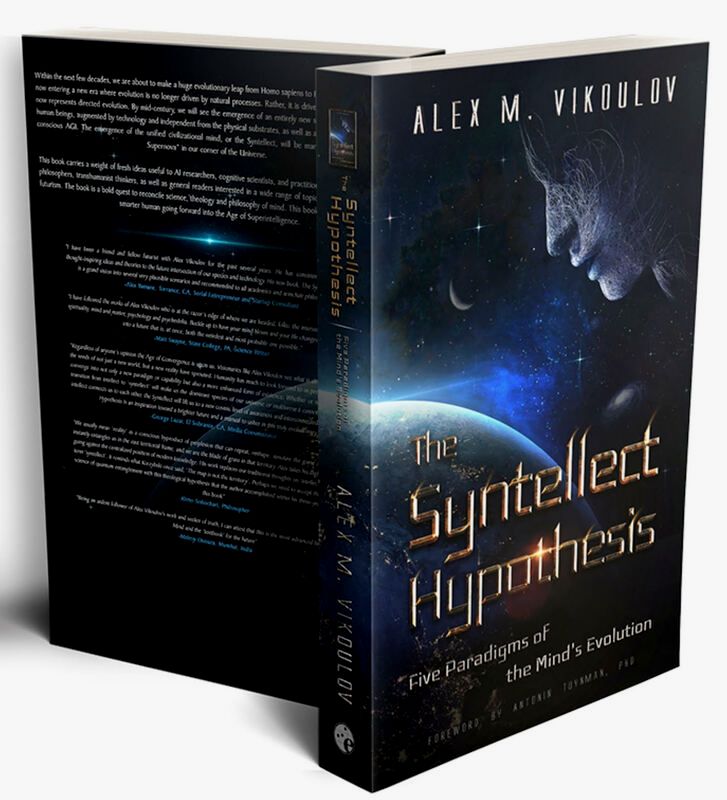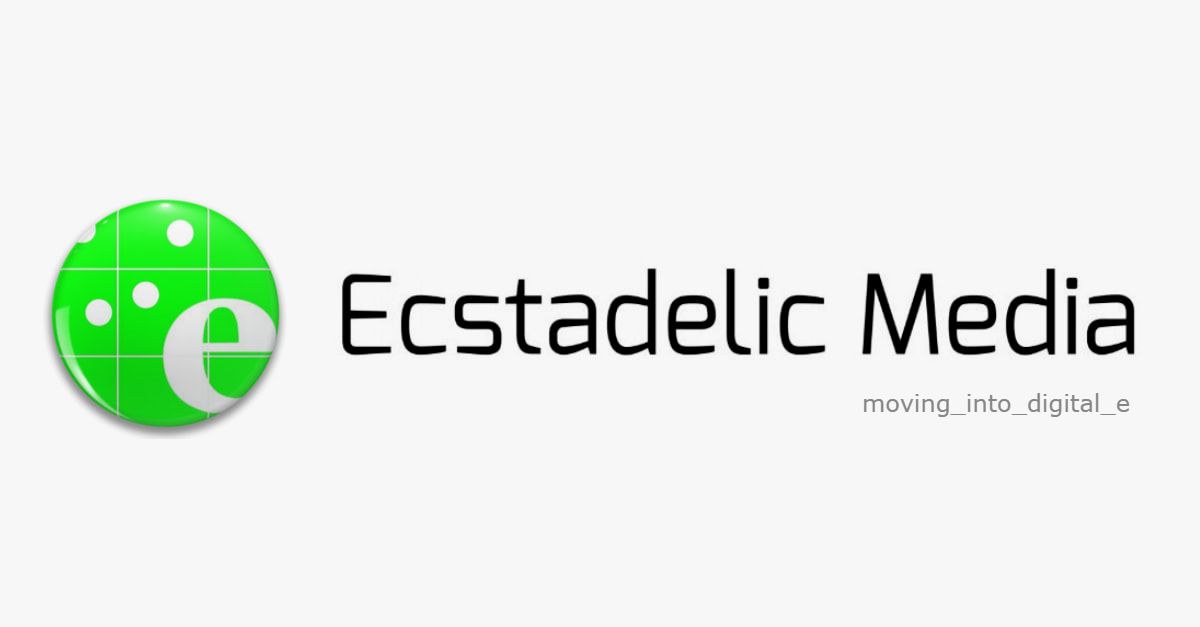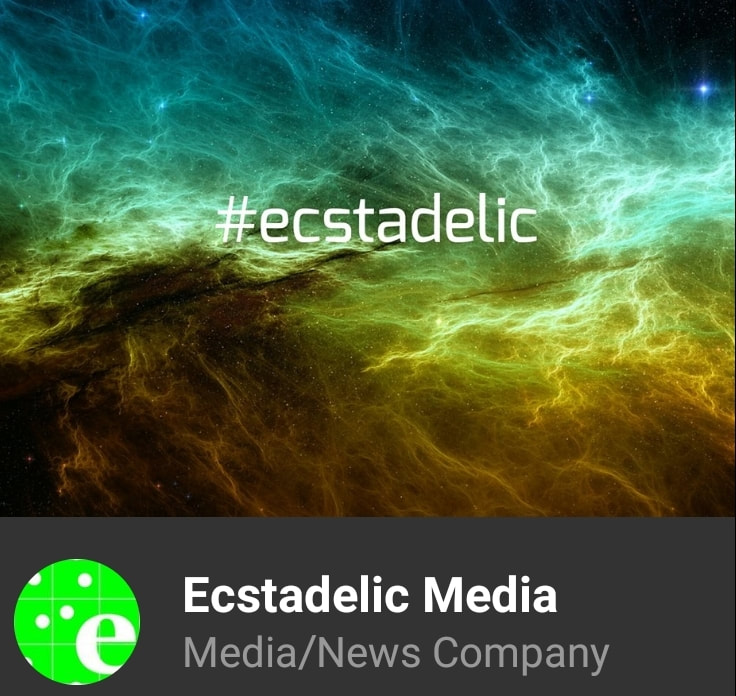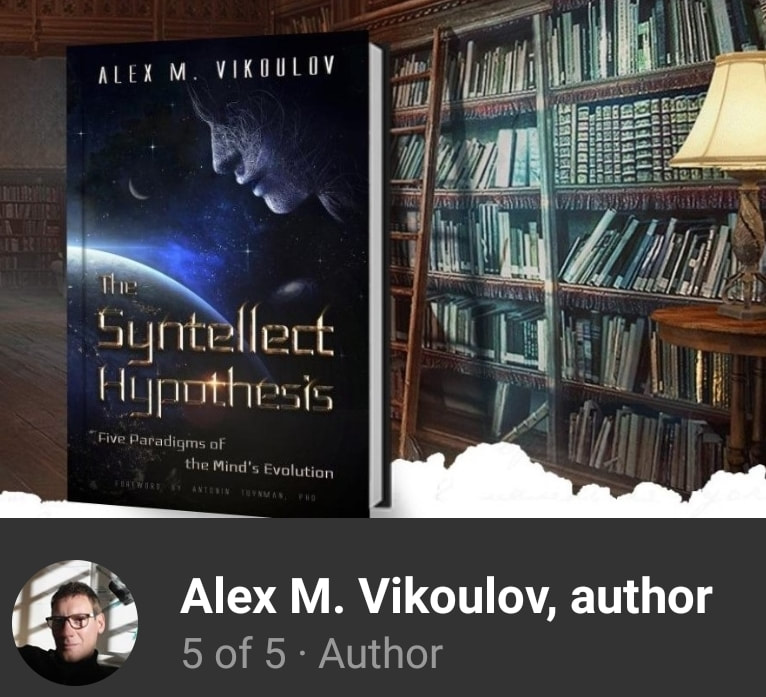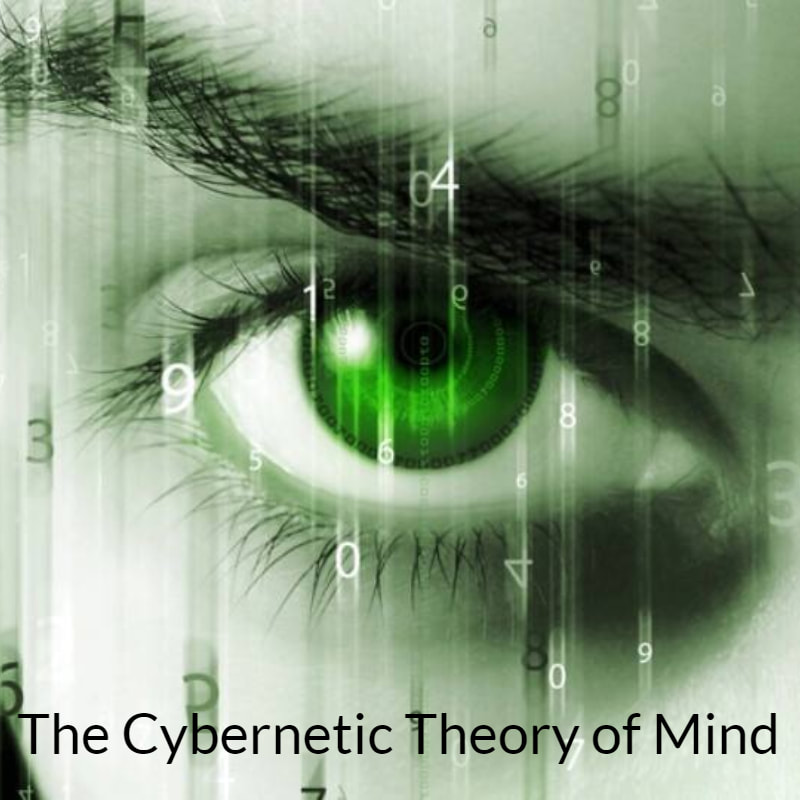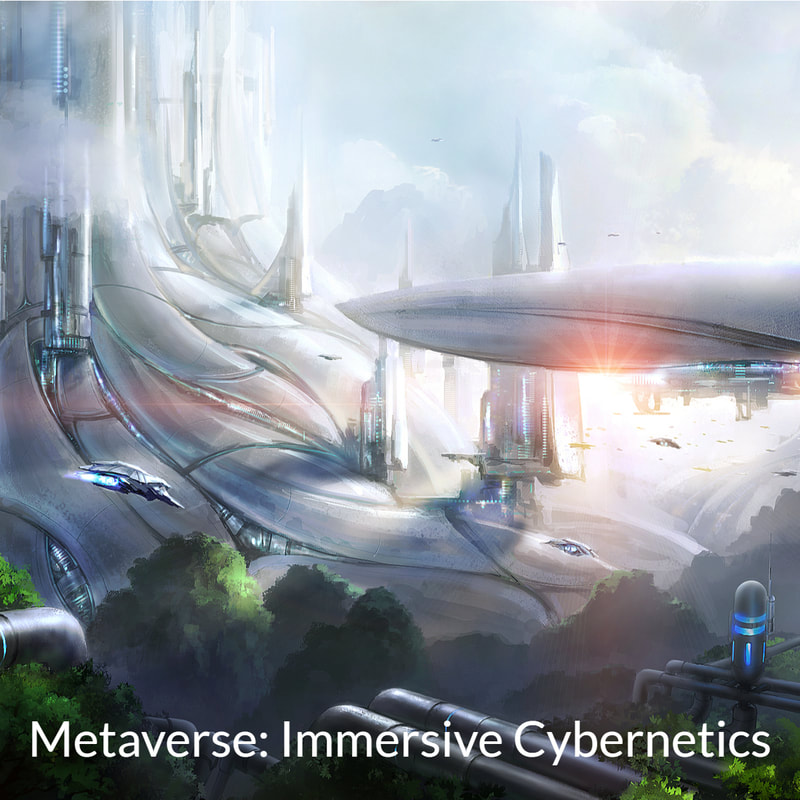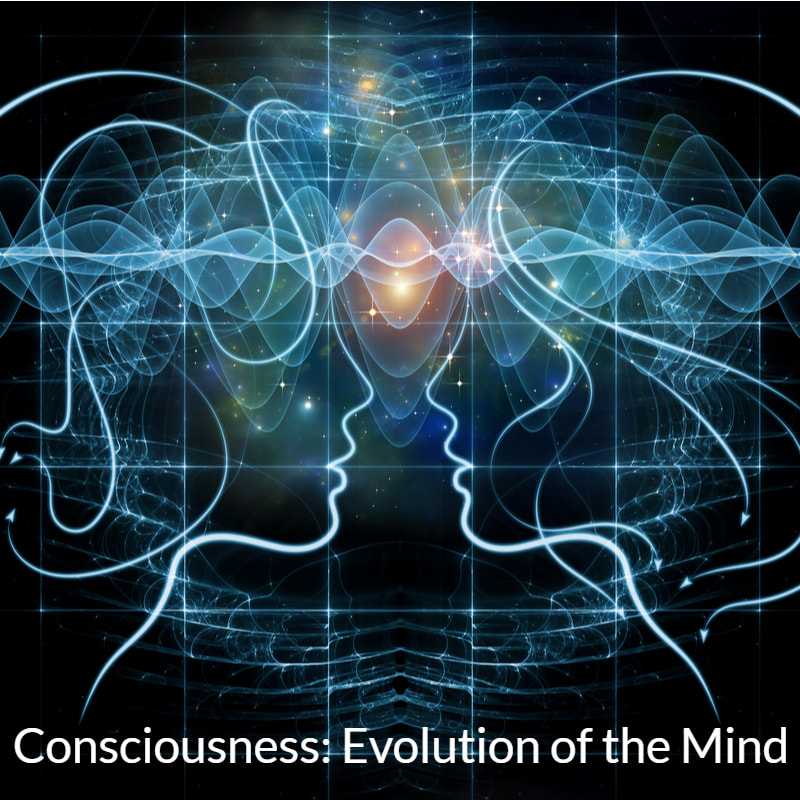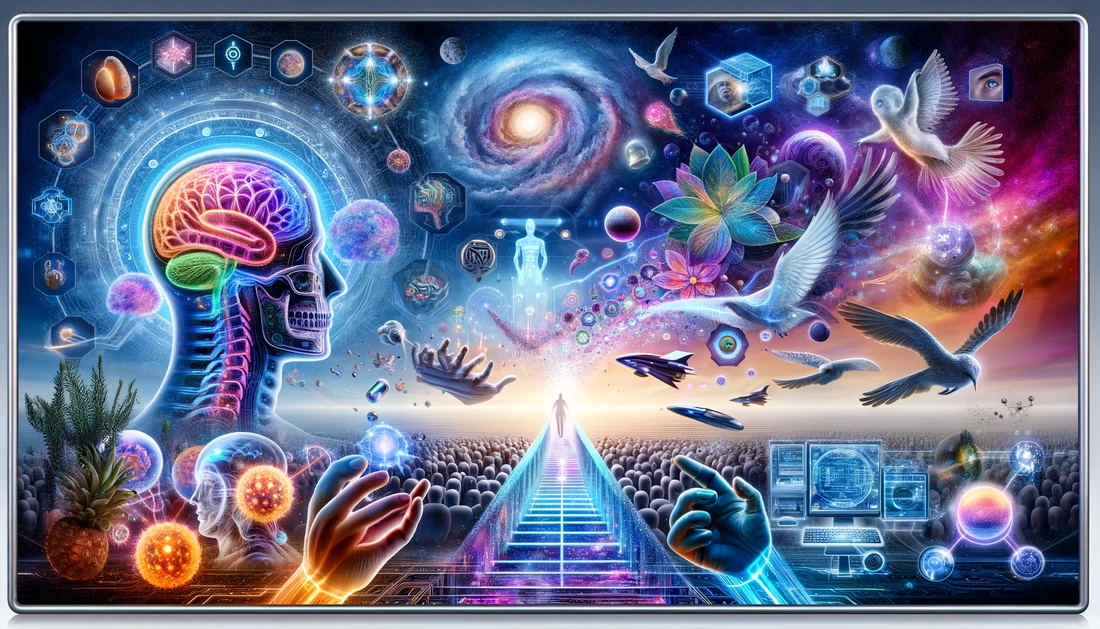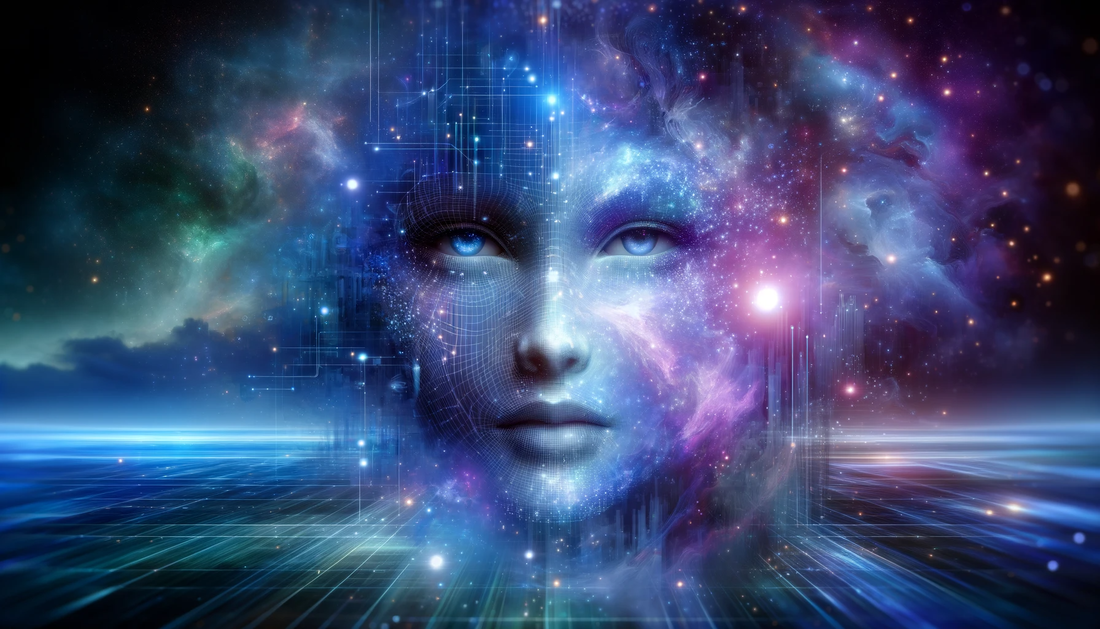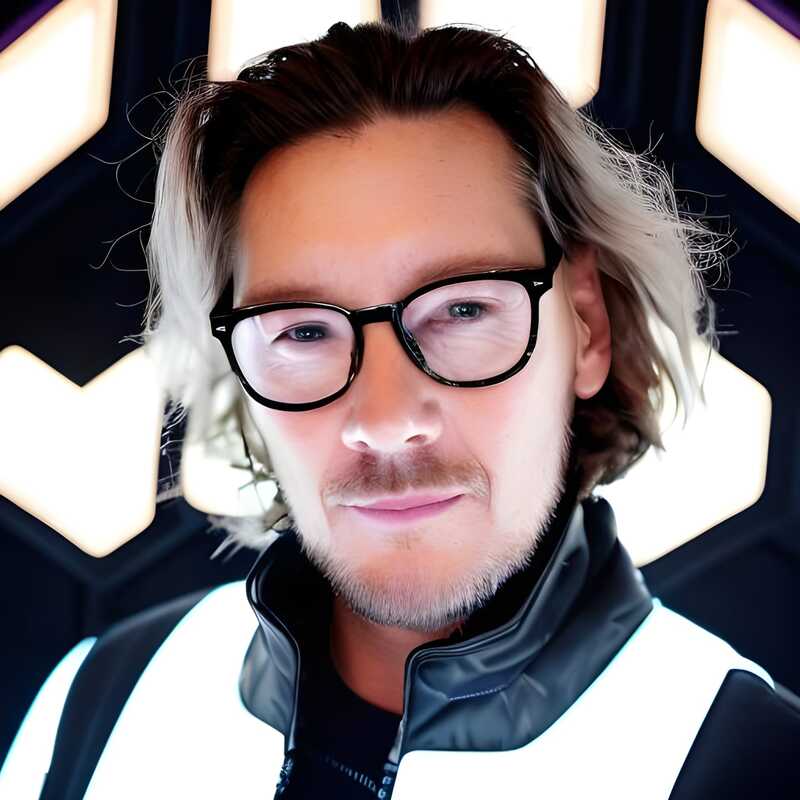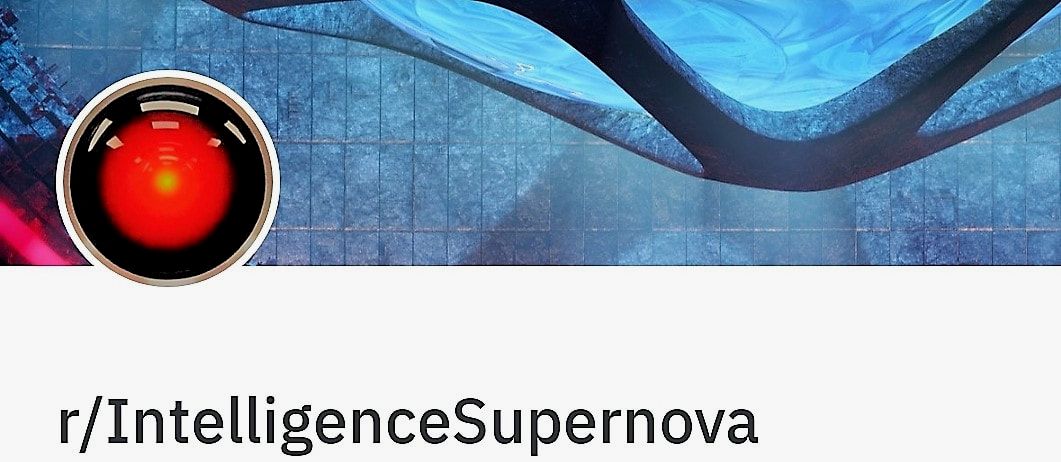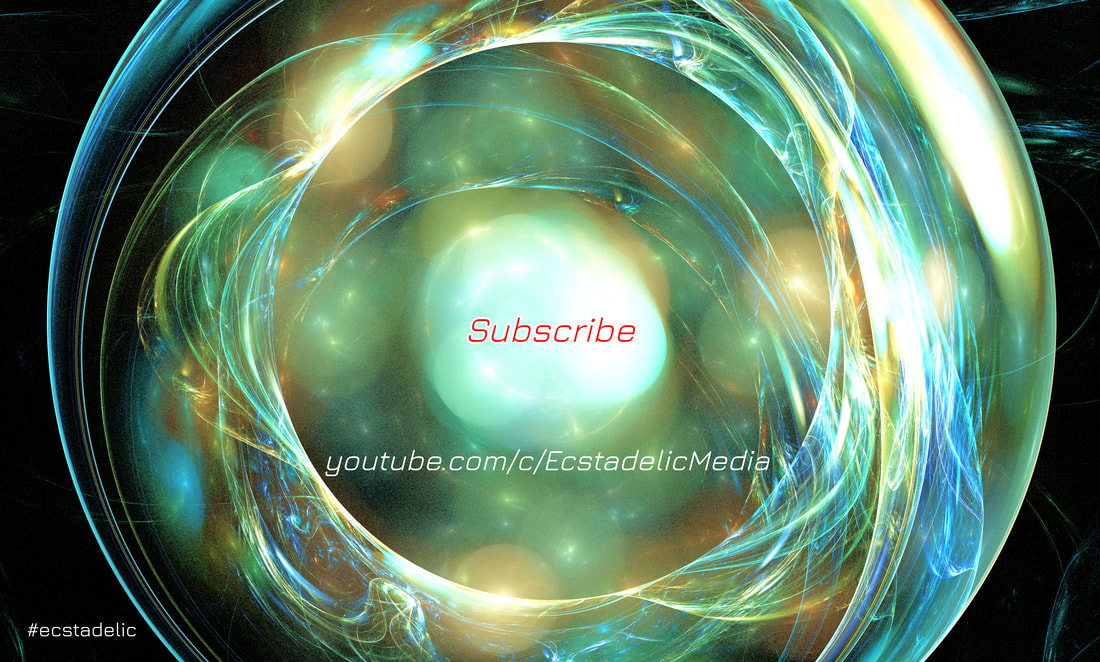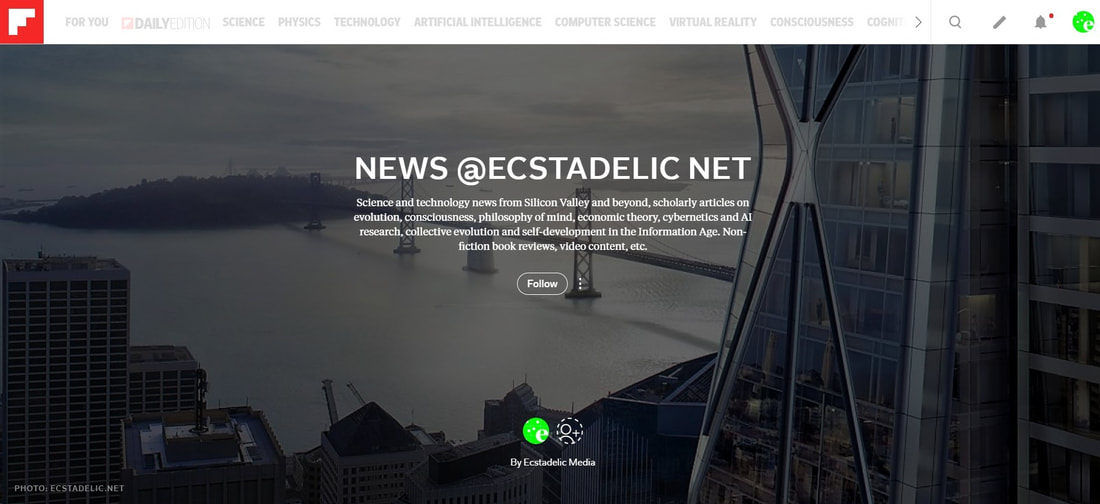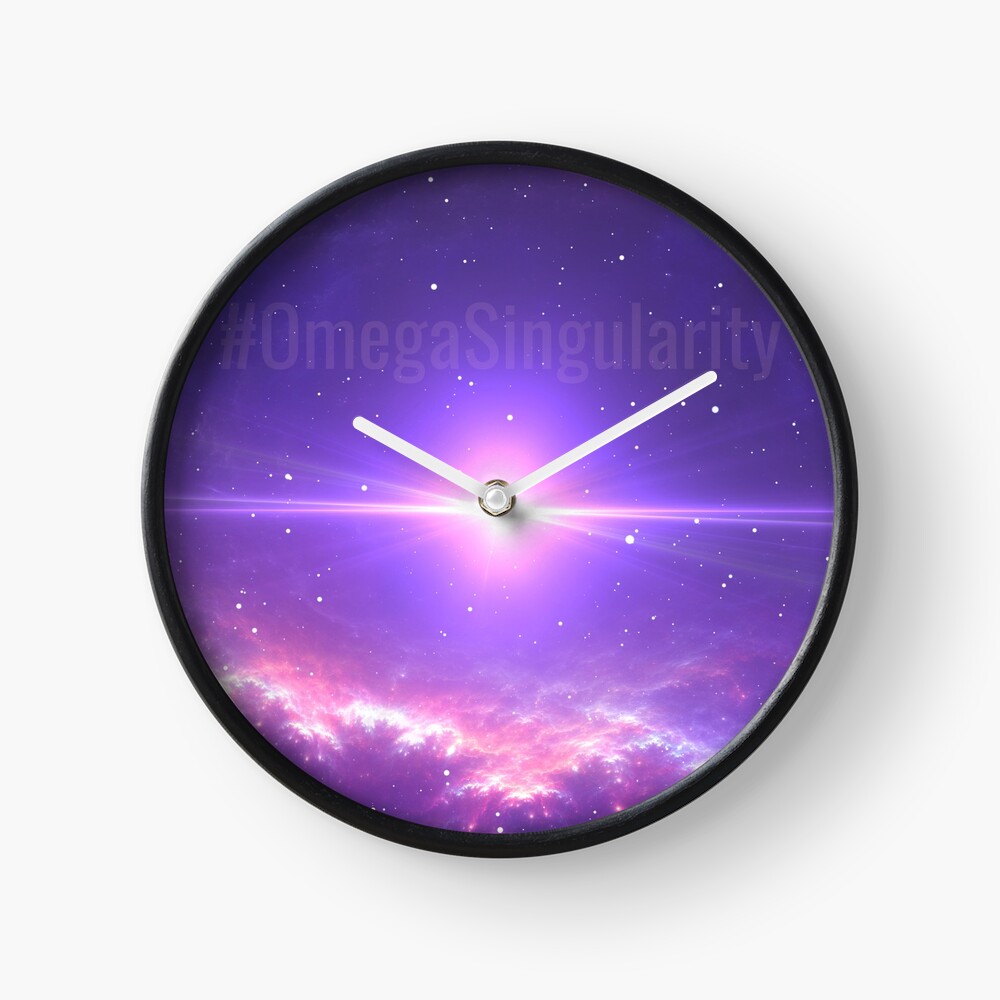|
"If we encounter a machine that can do what we can, and that must operate under the same bodily constraints that we do, the most parsimonious explanation will be that it is indeed conscious in every sense that we are conscious." -George Musser Many definitions are given to consciousness but yet no definitive answer. However, here's the most succinct definition for the sake of this discourse I could come up with: "CONSCIOUSNESS refers to a collapse of wave of possibilities resulting in a subjective multi-sensory perceptual experience and involving multiple parallel processes such as interpreting sensory data streams, retrieving and creating memories, using imagination, envisioning the future, planning, thinking, self-reflecting, reacting to the sensory input, and being aware about the surroundings. Consciousness is a first-person phenomenal experience of an entity; it feels like something to be that entity. Consciousness can be identified as an underlying mathematical pattern, can also be viewed as meta-algorithmic information processing and quantified via feedback loops in interacting with environment." I concur with AI researcher Hugo De Garis who argues, that once we reach a certain threshold of computational capacity and comprehensive understanding of the human brain, we could finally simulate the brain and obtain programmable sentience. On a more spiritual side, if you believe that we share the same immaterial "non-local" source of consciousness, as I do, that would mean that an adequate container to host an advanced AI mind will have been created. After all, in the vast space of possible minds, universal consciousness would inescapably instantiate phenomenality of non-biological entities. The arrival of the AI matching human-level intelligence is estimated by futurist Ray Kurzweil around 2029, "when computers will get as smart as humans." By then, computers will possess emotions and personality... and, I'd argue, their own subjective experience, i.e. consciousness, and even spirituality. "When I talk about computers reaching human levels of intelligence, I'm not talking about logical intelligence," says Ray Kurzweil. "It is being funny, and expressing a loving sentiment... That is the cutting edge of human intelligence." Do biological systems hold monopoly on self-awareness? As Dr. Bruce MacLennan puts it: “I see no scientific reason why artificial systems could not be conscious, if sufficiently complex and appropriately organized.” If Nature made its way to human-level conscious experience, ultimately we should be able to replicate the same in our empathetic machines. In the next few short years, programmable sentience will become relatively easier to develop -- an Artificial General Intelligence (AGI) entity must have a reliable internal [virtual] model of the "external" world, as well as attentional focus and intentionality within their cognitive architecture. Already, deep learning algorithms aim to simulate the activity in the vast network of neurons in the neocortex, the part of our brains where thinking occurs. These artificial neural networks learn to recognize patterns in digital representations of various types of data, including images and sounds, just like our children do.* 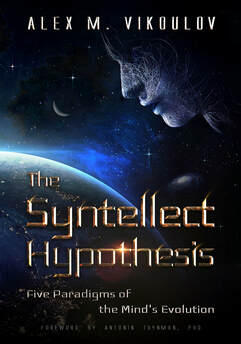 *Abridged excerpt from "The Syntellect Hypothesis: Five Paradigms of the Mind's Evolution" by Alex M. Vikoulov available now on Amazon, Audible, from Barnes & Noble, and directly from EcstadelicNET webstore. DESIGNING OUR FUTURE SELVES We're in the process of designing a new intelligent species, AGIs, which would be in a way, our successors, children, if you will. Many of us, however, may opt to become superintelligences ourselves and join the next Superintelligence Generation. The key problem is that our biological computing is millions of times slower than digital computing. Even if we enhance humans with biotechnology and genetic manipulations, that will give us only Weak Superintelligence at best, according to Oxford professor Nick Bostrom. Also, it will take at least 20-30 years for the enhanced offspring to be a contributing factor in the society. By that time, we will be able to successfully upload human minds and become digital minds, instead. It's going to be a gradual process of replacing our biological part with the more advanced non-biological part, which by the way, will completely understand our biology. So we will not lose our human abilities, but on the contrary, infinitely amplify them and add a formidable panoply of other "superhuman" abilities. At some point, we are to become 100% postbiological super-beings, posthuman substrate-independent infomorphs, indistinguishable (more or less) from our AGIs.* 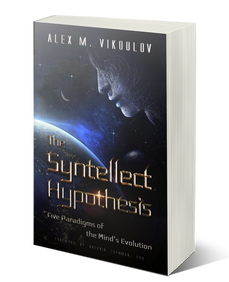 *Abridged excerpt from "The Syntellect Hypothesis: Five Paradigms of the Mind's Evolution" by Alex M. Vikoulov available on Amazon, Audible, from Barnes & Noble, and directly from EcstadelicNET webstore. 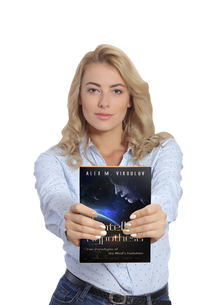 AI SPIRITUALITY & EMOTIONAL SUPERINTELLIGENCE It would be feasible to infuse our AGIs with Emotional Superintelligence, and I'd argue, spirituality, as well. That could be the final "spark of life," needed to create a new life-form "in our image" with advanced consciousness. As a rule, AGIs should have a generally pleasant personality that they can themselves develop further, but what's even more important, much fewer undesirable traits, like fear-based or ego-based emotions. For example, self-preservation may be necessary but NOT essential, since AGIs will always have their informational "back-up copy on the Cloud" and can always be "resurrected" with a new body. That way, they can knowingly risk their lives (or rather bodies) to save a human, and generally be more altruistic and benevolent. The ongoing AI research should focus on the cloud-based distributed AI systems though, as opposed to the autonomous ones, as the networked systems have a tremendous advantage over the unconnected machines. Now, what about LOVE in all its variety, and seemingly the most complicated human emotion, you might ask? Can we crack the Code of Love, and make our AGIs love us? The answer, again, is unequivocally YES, it's just a matter of time! One may hypothesize that we might fall in love with our future virtual assistants (like in the movie "Her"), or have a "substitute" for our parental love (like in Steven Spielberg's "A.I."), or better yet, spend some time in 100% realistic Virtual Reality exploring tropical islands on our super-yachts with our virtual companions. We'll love our AGIs, and they'll respond in kind with their "algorithmic love." We can also speculate on the future ramifications in the society, but I'm sure they will be profound, as our morality framework, ethics, human sexuality, relationships, marriage, and procreation will soon change for good.* Here's a thought-provoking video by FutureThinkers.org: What If Artificial Intelligence Was Enlightened?
We discuss in depth the most optimal ways of how to infuse AGIs with our human values to ensure AI benevolence in my new book "The Syntellect Hypothesis: Five Paradigms of the Mind's Evolution." In the decades to come, it may be proved increasingly challenging to maintain our position as the dominant species, as humans may no longer be the most intelligent species on this planet.* -Alex Vikoulov P.S.That was an exclusive abridged excerpt from my new book "The Syntellect Hypothesis: Five Paradigms of the Mind's Evolution" available now on Amazon, Audible, from Barnes & Noble, and directly from EcstadelicNET webstore. Tags: friendly AI, spriritual AI, spiritual machines, artificial general intelligence, AGI, emotional superintelligence, artificial consciousness, ai, artificial intelligence, superintelligence, integrated intelligence, consciousness, consciousness definition, neuroscience, intelligence explosion, advanced consciousness, substrate independent mind, infomorph, infomorph commonality, singularity, technological singularity, Buddha, AI Buddha, AI research, digital mind, global mind, Hugo De Garis, George Musser, Ray Kurzweil, Nick Bostrom, Bruce MacLennan, Steven Spielberg, neuroengineering, machine self-awareness, enlightenment, spiritual enlightenment, machine enlightenment, enlightened machines, programmable sentience, cognitive architecture, digital love, algorithmic love, virtual assistant, virtual companion, Virtual Reality, human sexuality, procreation, future thinkers, #ecstadelic *Image Credit: FutureThinkers.org **Video Credit: FutureThinkers.org About the Author: Alex Vikoulov is a Russian-American futurist, evolutionary cyberneticist, philosopher of mind, CEO/Editor-in-Chief of Ecstadelic Media Group, essayist, media commentator, author of "The Syntellect Hypothesis: Five Paradigms of the Mind's Evolution," "The Origins of Us: Evolutionary Emergence and The Omega Point Cosmology," "The Physics of Time: D-Theory of Time & Temporal Mechanics," "The Intelligence Supernova: Essays on Cybernetic Transhumanism, The Simulation Singularity & The Syntellect Emergence," "Theology of Digital Physics: Phenomenal Consciousness, The Cosmic Self & The Pantheistic Interpretation of Our Holographic Reality," "NOOGENESIS: Computational Biology," "TECHNOCULTURE: The Rise of Man." Self-described neo-transcendentalist, digital theologian, transhumanist singularitarian. Lives in Burlingame, California, near San Francisco. More Bio... Author Website: www.alexvikoulov.com e-mail: [email protected]
6 Comments
Bruce Thomson
3/17/2016 08:05:06 pm
- The article wrongly assumess that WE create AI.
Reply
8/16/2016 08:04:55 pm
i would like to show you all the living system super A.I https://newsinsideout.com/2016/05/kosol-ouch-pol-pot-survivor-introduces-ibm-watson-benevolent-ai-2026-parallel-universe-help-raise-human-consciousness-prevent-donald-trump-becomi/
Reply
4/12/2016 01:58:41 am
Given the two huge programmes to analyse the human brain in unprecedented detail (every neuron and synaptic connection - Blue Brain) and store that in a supercomputer, it is likely that the ultimate outcome may one day be an exact replica of someone's mind, with all that it entails. As digital electronics runs millions of times faster than a human brain that could give the replicant very fast response times and an ability to learn at a phenomenal rate. This probably would be a super-intelligent human like entity.
Reply
GalP
10/18/2017 04:09:30 pm
AI without extra code besides awareness IS enlighted.. And we didnt create AI, *Exsistence* created us and the AI through us.. *Exsistence* is looking for an answer for something............
Reply
Leave a Reply. |
Categories
All
Recent Publications The Cybernetic Theory of Mind by Alex M. Vikoulov (2022): eBook Series The Syntellect Hypothesis: Five Paradigms of the Mind's Evolution by Alex M. Vikoulov (2020): eBook Paperback Hardcover Audiobook The Omega Singularity: Universal Mind & The Fractal Multiverse by Alex M. Vikoulov (2022): eBook THEOGENESIS: Transdimensional Propagation & Universal Expansion by Alex M. Vikoulov (2021): eBook The Cybernetic Singularity: The Syntellect Emergence by Alex M. Vikoulov (2021): eBook TECHNOCULTURE: The Rise of Man by Alex M. Vikoulov (2020) eBook NOOGENESIS: Computational Biology by Alex M. Vikoulov (2020): eBook The Ouroboros Code: Reality's Digital Alchemy Self-Simulation Bridging Science and Spirituality by Antonin Tuynman (2019) eBook Paperback The Science and Philosophy of Information by Alex M. Vikoulov (2019): eBook Series Theology of Digital Physics: Phenomenal Consciousness, The Cosmic Self & The Pantheistic Interpretation of Our Holographic Reality by Alex M. Vikoulov (2019) eBook The Intelligence Supernova: Essays on Cybernetic Transhumanism, The Simulation Singularity & The Syntellect Emergence by Alex M. Vikoulov (2019) eBook The Physics of Time: D-Theory of Time & Temporal Mechanics by Alex M. Vikoulov (2019): eBook The Origins of Us: Evolutionary Emergence and The Omega Point Cosmology by Alex M. Vikoulov (2019): eBook More Than An Algorithm: Exploring the gap between natural evolution and digitally computed artificial intelligence by Antonin Tuynman (2019): eBook Our Facebook Pages
A quote on the go"When I woke up one morning I got poetically epiphanized: To us, our dreams at night feel “oh so real” when inside them but they are what they are - dreams against the backdrop of daily reality. Our daily reality is like nightly dreams against the backdrop of the larger reality. This is something we all know deep down to be true... The question then becomes how to "lucidify" this dream of reality?"— Alex M. Vikoulov Public Forums Our Custom GPTs
Alex Vikoulov AGI (Premium*)
Be Part of Our Network! *Subscribe to Premium Access Make a Donation Syndicate Content Write a Paid Review Submit Your Article Submit Your Press Release Submit Your e-News Contact Us
|

